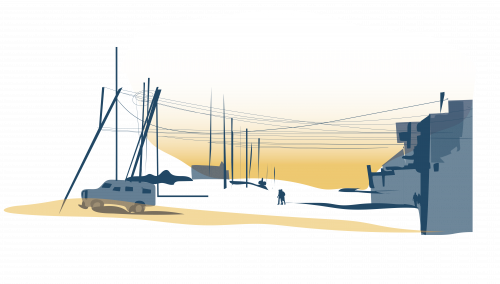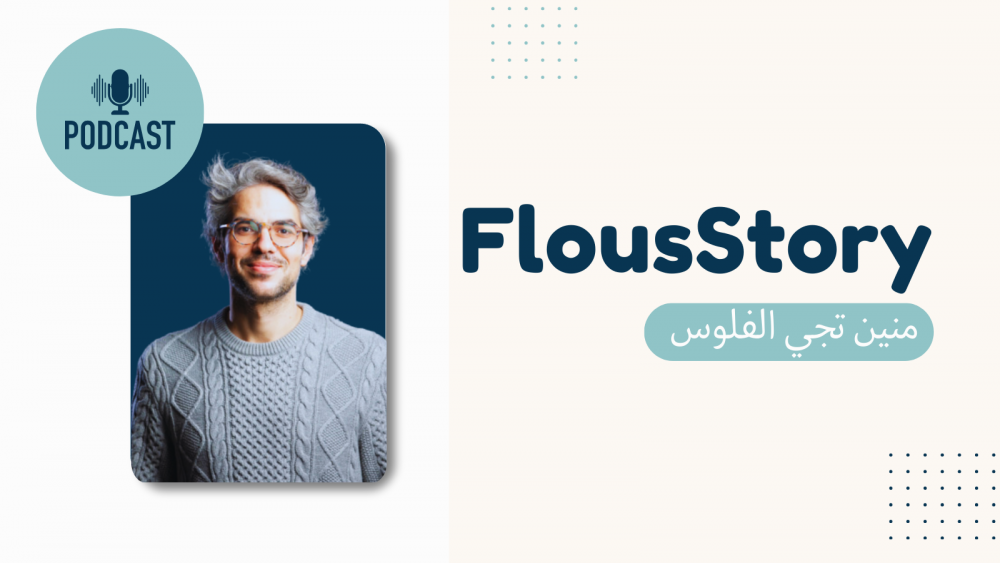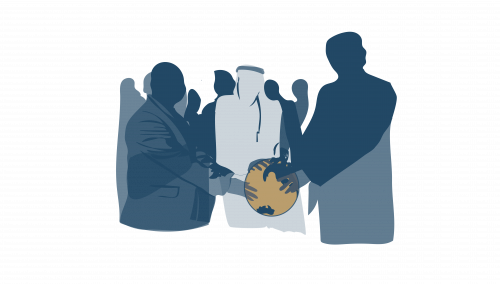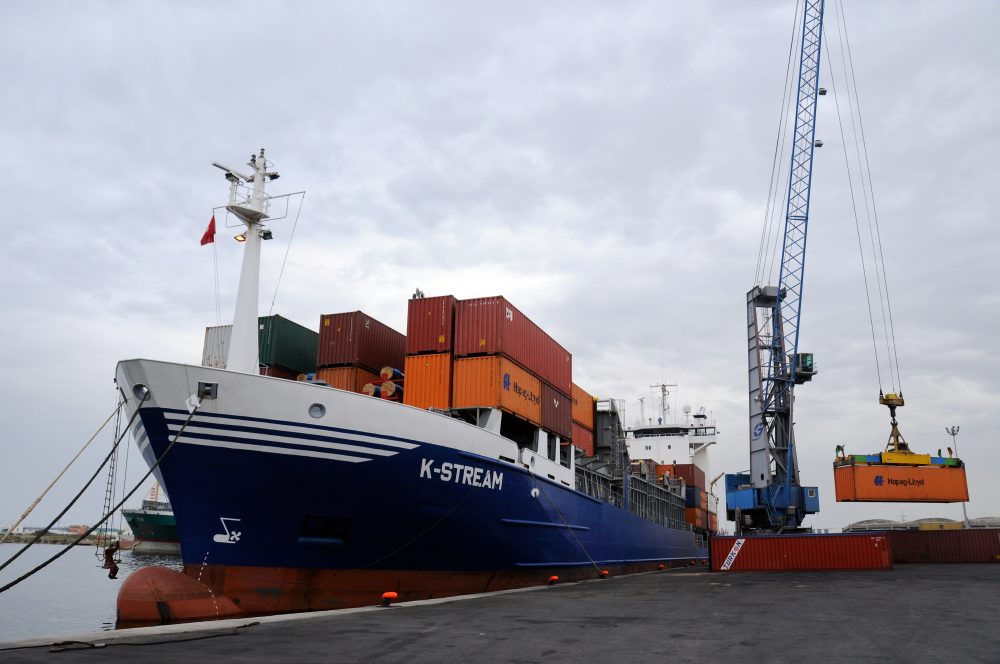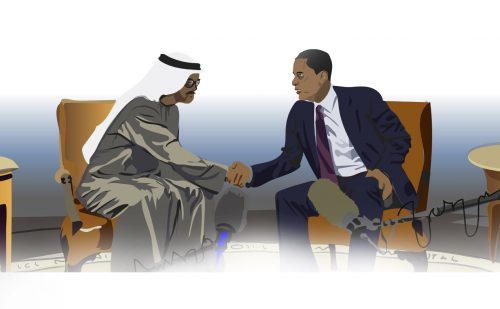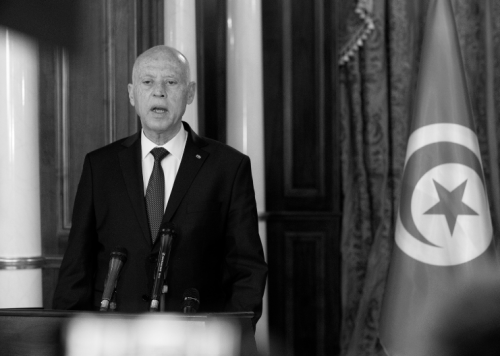We generate knowledge about complex regional issues with the aim of shifting the terms of policy making. Abiding by rigorous academic and ethical standards, we deliver data and analysis to the places where they can make the greatest impact.
Latest Publications
-

Middle East & North Africa
Deindustrialization in the Middle East and North Africa
-
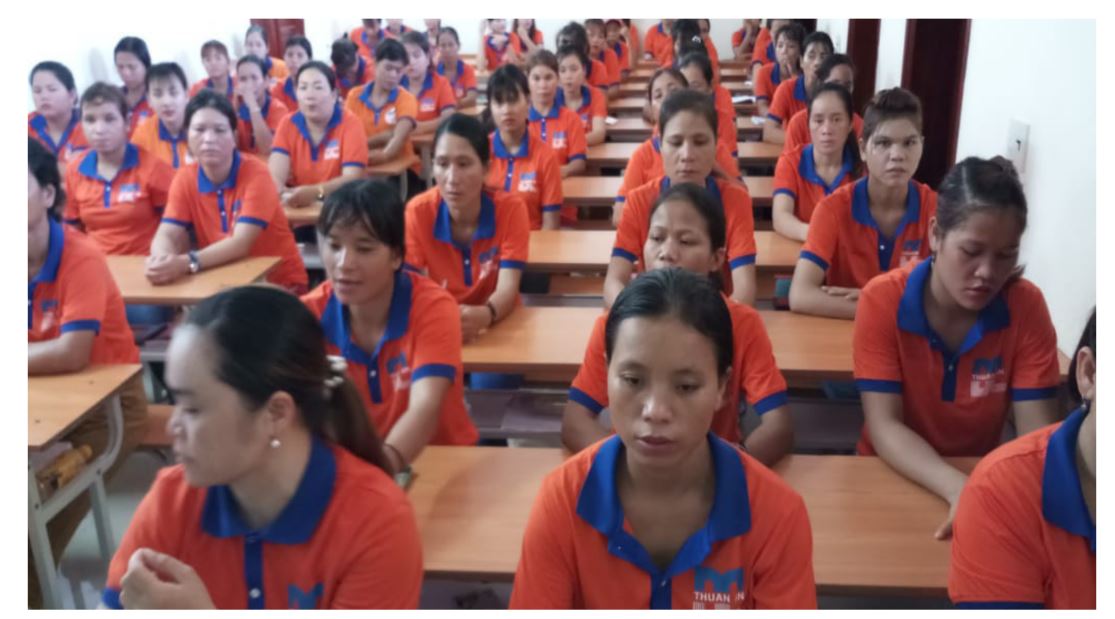
Middle East & North Africa
Systemic Violence and Social Reproduction through the Kafeel System: Vietnamese Domestic Workers in Saudi Arabia
-

Middle East & North Africa
Entrepreneurial Bodies, Disciplined Subjects: Race, Gender, and the Politics of Whitening in Tunisia
Our projects
Our Partners
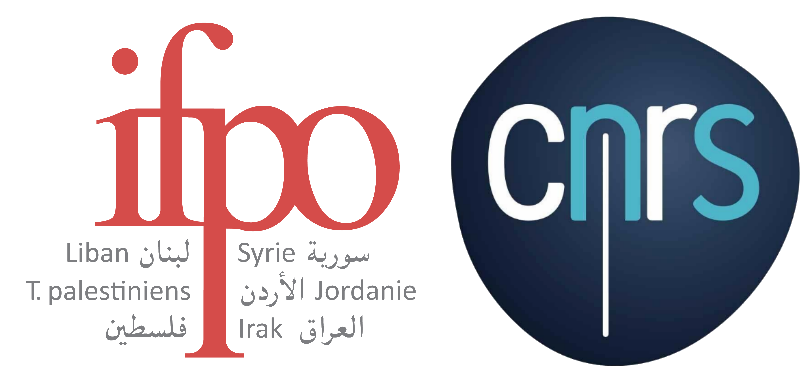
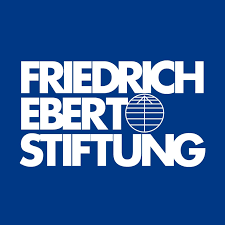
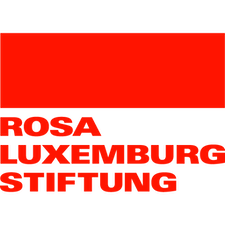

Contact us
Join the MENA program


